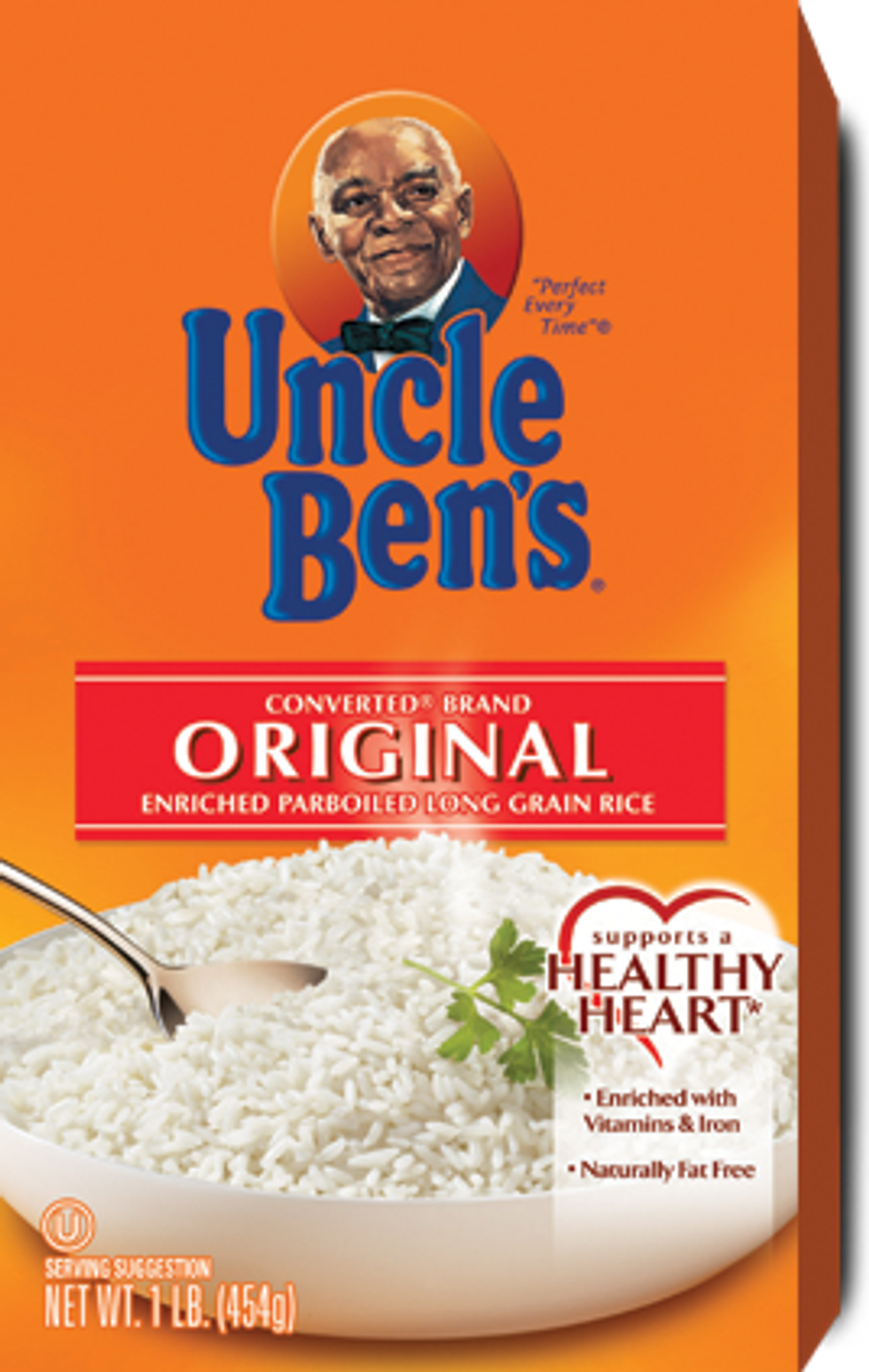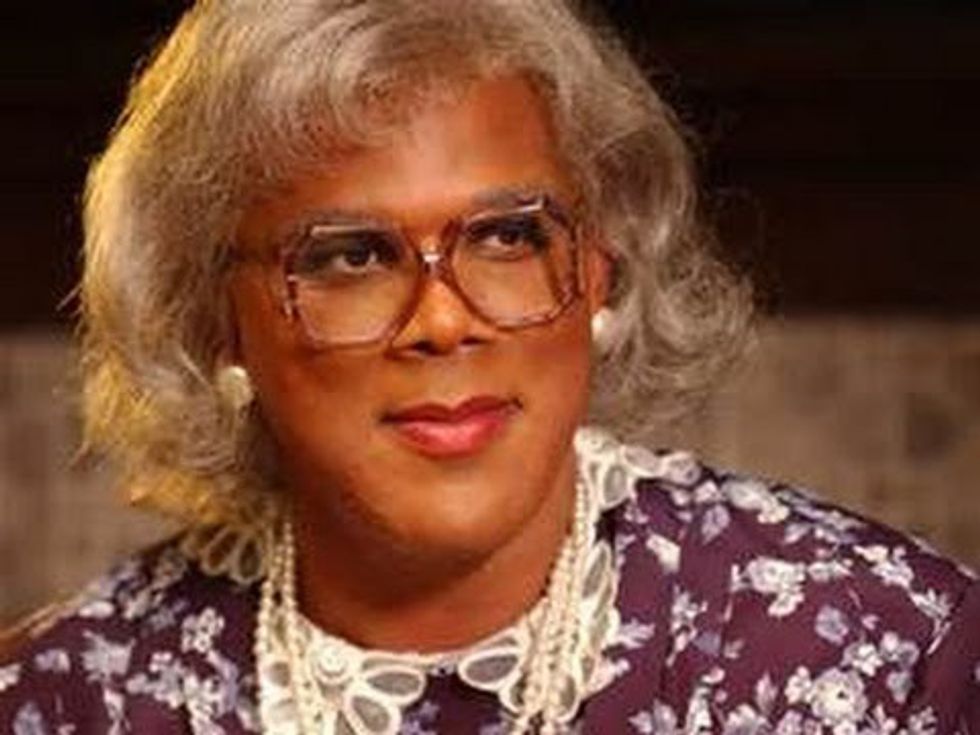This has been something that has specifically bothered me over the last couple years, and with the recent political climate and an acquaintance's use of the word after I specifically told them not to, I thought it was time to sit down at my computer and talk about the word that a good deal of us don’t dare even say: the N-word.
To start, I think it’s worth mentioning a bit about myself and my place to talk about the N-word. I am black, white, Mexican, Native American. I’d include a diagram about how it works out that I’m half black, half white, half Mexican, and half Native America, but this is not the time or place to get into the dilemma of being mixed raced. I was raised in a white suburb and am what many would call “whitewashed” (a derogatory term in itself). Nonetheless, I have prided myself on being educated on my own history as an African American, and specifically the use of the N-word. In addition to this, I am a writer, and as a writer, I wholeheartedly believe that words have power. Words can inspire and bring joy, love, and laughter; but words can also tear down a person, a race, and entire generations. The mantra: sticks and stone may break my bones but words can never hurt me is perhaps the biggest lie that we tell children next to Old Saint Nick.
Trigger warning: for the sake of distinction between the etymological origins of the word, slurs, and the word itself, the N-word will be addressed as what it actually stands for.
So let’s get to it.
First, where does “nigg*r” come from?
There was first the latin word niger, which led to the English word Negro, meaning black. At this point, the word nigg*r as it is known today does not find root. It is when the French words negre and female version negress are picked up that nigg*r is established. It is also suggested the word nigg*r is rooted in mispronunciation by White Southerners.
How has “nigg*r” evolved?
While the word itself might have roots across the sea, it was in America that the word truly manifested into the derogatory term seen today. In the early 19th century, a famous form of American theatre started based on racial stereotypes known as minstrel shows, and in the middle of the 19th century, Vaudeville famously increased the use of these black stereotypes. Usually, this entailed a white performer in blackface acting out black stereotypes that are still deeply ingrained in American culture. Some stock characters are:
- Jim Crow: a carefree slave (This is the origins of the term “Jim Crow Laws” that attempted to limit the rights of free African Americans after the Reconstruction Era.)
- Uncle Tom: a good, old black man (The Uncle Tom character is still used by the brand Uncle Ben’s Rice—see below.)
- Mammy: a fiery black woman with loud spoken advice (This character is seen today in the character of Medea in her over a dozen movie appearances, which will be returned to later.)
The combination of the word nigg*r with these prevalent black stereotypes in the 19th and 20th century perpetuated the state of African Americans after the end of slavery in 1865. Following this began the practice of segregation, nigg*r became not only a term for a slave but as a term of exclusion as colored were physically separated from whites. In 1964, the Civil Rights Act ended segregation, but with the heavily derogatory culture surrounding African Americans through slavery, black stereotypes, and segregation, the word nigg*r persists unto today.
Here are two graphs showing the use of the word nigg*r along with nigg* in literature dating back to 1800 thanks to Google:
Relevant dates to note: slavery ended in 1865, segregation was legal starting in 1896 (Plessy vs. Ferguson), Brown vs. Board of Education overturned Plessy vs. Ferguson in 1954, and segregation was banned in 1964 with the Civil Rights Act.
The fluctuations in use of nigg*r over the decades reflects a backlash of White culture against the better treatment of African Americans. While there is initial a decrease of the word after slavery ends, it is picked back up with the beginning of segregation. Then, the use of the word declines leading to the ending of segregation, only for it to then spike once again as a result of this change.
Conversely, nigg* appears to be found in literature predominantly after the 1990s. This trend is rather unsurprising with the popularization of hip-hop and rap music, genres with predominantly African American artists, who frequently utilize the word nigg*.
As proof of the word nigg*r being used today (not only its common slur nigg*), I have a personal experience of engaging in a conversation with a middle-aged white woman who referred to rap and hip-hop music specifically as “nigg*r music.” This was in 2015.
Where does “nigg*” come from?
This is the word that plagues American society today and is arguably more widespread than nigg*r today. The drop of the hard “er” ending is reflective of black speech, ebonics, which has been widely contested amongst linguistics. However, I personally support the belief that “nigg*” was a term spread by African Americans themselves, especially with the use of “nigg*” being widely used by many black rappers. For the sake of a clear difference: nigg*r reflects the slur assigned to African Americans by White culture out of racism, while nigg* is the African American version of this word.
What is the difference between nigg* being used by a white person and a black person?
This has a very interesting and complex answer, so I’ll try my best to give varying outlooks and mention my opinion at the end. Going back to Madea, as portrayed by Tyler Perry (a black man), it is without a doubt she is the character Mammy and grounded in racial stereotypes and discrimination. So how do African Americans come to spread their own stereotypes through media like Tyler Perry? In Vaudeville, it became common for African Americans to actually wear blackface themselves and play one of these roles, and since then, African Americans have been fulfilling the stereotypes that White culture assigns to them. Furthermore, what is perplexing is the large African Americans fan base for these movies. In part, this is interpreted as acceptance and validation of these characters back in the 19th century and today for these stereotypes. When the black community affirms what White culture subjects it to, it only adds to the confusion over the familiar question, “if a black person can say it, why can’t I?”
The trend of African Americans claiming black stereotypes and perpetuating the word nigg* is a double edged sociological sword. On the one hand, African Americans are taking stereotypes and terms that were once used to subjugate them and gaining control over them. They are deciding to embrace the term nigg* as their own, as a part of their culture. On the other hand, the use of it is still grounded in the deep racism of the word nigg*r and can be seen as a way of internalizing the negative images that White society has inflicted on African Americans. This is then reflected in cycles of self- and same-race hatred.
This first suggestion that the word nigg* is an attempt made by African Americans to regain control over their history, culture, and personhood insinuates that African Americans are allowed to use the word nigg*, while whites are not able to. However, the belief that the word is negative, no matter who uses it, would suggest that no one, white or black, should say either nigg*r or nigg*.
In both of these interpretations of the use of the word nigg* and nigg*r is not something that should be used by white. (Sidenote: as an African American raised in a predominately white community, I am more than aware that White culture can and does include people who do not associate themselves as white. Because of this, when I say white, I am referring to anyone within White culture—in this case basically everyone who is not black.)
In regards to the more complex issue of African Americans use of nigg*r or nigg*: I find the former to be more symbolic of the racism and stigmatization of African Americans, while the latter I see as African Americans redefining themselves within White culture. While yes, nigg* does have its origins in racism, African Americans also have origins in slavery. If White culture determines that African Americans can no longer use the word, then it is only further perpetuating the inequality between races by taking that decision away from them. As a result, it is up to African Americans to decide what the word nigg* means to them.
It is this last bit that I find to be so important. By White culture taking the word nigg* from African Americans, as popularized by modern day pop culture, it is further exercising its control and power over African Americans as they have throughout the centuries of slavery, segregation, and stereotypes. In addition, a person, black or white, need not be conscious of the history or the stigma of the word when they use it for it to have a psychological effect on the black community. Just because someone doesn’t mean for it to be taken derogatorily, that doesn’t erase the derogatory history of the word.
So what's the take away?
Basically, if you’re a part of White culture, just don’t use nigg*—and especially not nigg*r. If you’re black, you should decide what you want nigg* to mean for you. I think the important thing is that nigg* is a word that should remain within the black community, but inevitably, with common use, there is a desensitization of the word and its origins, along with a further integration into White culture. Some, myself included, would consider White culture’s use of the word nigg* to be cultural appropriation.
This, unfortunately, is something that is already taking place, which is the one the reasons for me breaking down the use of nigg*r and nigg* in this article. Nonetheless, I have faith that something can be done about it. Perhaps you don’t use the N-word, but I bet you know someone who does, so it’s time to speak up and educate them. It’s as simple as sending this article.
The links to the references can be found throughout the article, but here is a compiled works cited:
"Blackface! - The History of Racist Blackface Stereotypes." The History of Racist Blackface Stereotypes. Ken Padgett, n.d. Web. 18 Dec. 2016.Middleton, Phil, and David Pilgrim, Dr. "nigg*r (the Word), a Brief History." nigg*r (the Word), a Brief History. African American Registry, n.d. Web. 18 Dec. 2016.
"Minstrel Show." Minstrel Show. Encyclopedia Britannica, n.d. Web. 18 Dec. 2016.
"The Minstrel Show." The Minstrel Show. George Mason University, n.d. Web. 18 Dec. 2016.
Rickford, John R. "Linguistic Society of America." What Is Ebonics (African American English)? Linguistic Society of America, n.d. Web. 18 Dec. 2016.
"Straight Talk about the N-Word." Straight Talk about the N-Word. Teaching Tolerance, Fall 2011. Web. 18 Dec. 2016.

